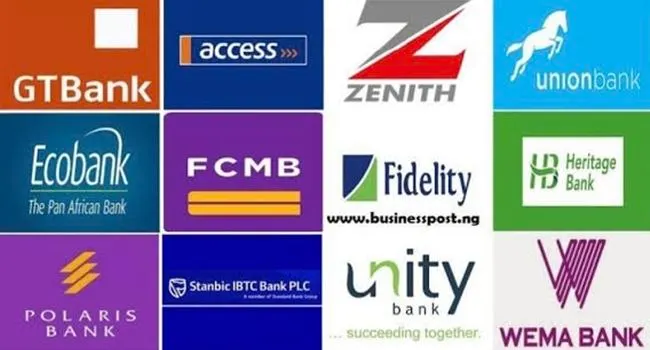Nigerian Banks’ Profit Surge: A Win for Shareholders – Nigerian banks have given their shareholders a reason to celebrate. As per a recent analysis by BusinessDay, a surge in interim dividends was observed, thanks to the impressive half-year profits reported by several Nigerian banks.
A Tripling Triumph
Eight Nigerian banks, including heavyweights like Zenith Bank, UBA, and GTCO, witnessed their profits more than triple, reaching N1.31 trillion in the first half of 2023. This significant boost can be largely attributed to the foreign exchange gains following the recent devaluation of the naira. To put things into perspective, the combined profit after tax soared by 237.8%, marking the highest in at least four years.
Dividend Delight
Shareholders of these banks have reaped the benefits of this financial windfall. For instance, UBA’s interim dividend per share jumped from 20 kobo in H1 2022 to 50 kobo in H1 2023. Similarly, GTCO, Fidelity Bank, and Zenith Bank also declared increased interim dividends, reflecting their robust financial health.
Behind the Boom: The Naira Devaluation
Analysts have pointed to the substantial net foreign asset positions of these banks as a significant contributor to their success. Following the naira’s devaluation after floating the currency in mid-June, these banks capitalized on the situation. Tesleemah Lateef of Cordros Securities Limited mentioned, “The devaluation gain is the reason for the increase in PAT for the banks.”
Furthermore, Israel Odubola, a research economist, explained how the devaluation affected banks’ financials. When the naira is devalued, the naira value of banks’ foreign assets jumps, leading to the observed foreign currency revaluation gains.
The Big Performers
A deep dive into the numbers reveals that UBA took the lead with a profit growth of 437.8%, followed closely by GTCO and FBN Holdings. However, while four banks reported significant foreign exchange gains, three experienced losses during this period.

CBN’s Watchful Eye
In light of these huge profits and the ongoing economic dynamics, the Central Bank of Nigeria (CBN) stepped in with a directive. It advised banks against using the FX revaluation gains for dividends or operational expenses. Instead, CBN emphasized the need to save these gains to offset potential future economic volatilities.
A Look Ahead: Challenges and Opportunities
Although the current scenario paints a rosy picture, global credit rating agency Fitch Ratings offers a word of caution. They predict a rise in impaired loans for Nigerian banks due to increasing inflation and interest rates. However, they also acknowledge the credit-positive reforms implemented by President Bola Tinubu, which could bolster the country’s economic prospects.
while the first half of 2023 has been prosperous for Nigerian banks and their shareholders, it’s essential to remain vigilant. The ongoing economic reforms and potential challenges ahead make the financial landscape dynamic. Nonetheless, for now, Nigerian banks have proven their mettle, showcasing resilience and strategic prowess.






























